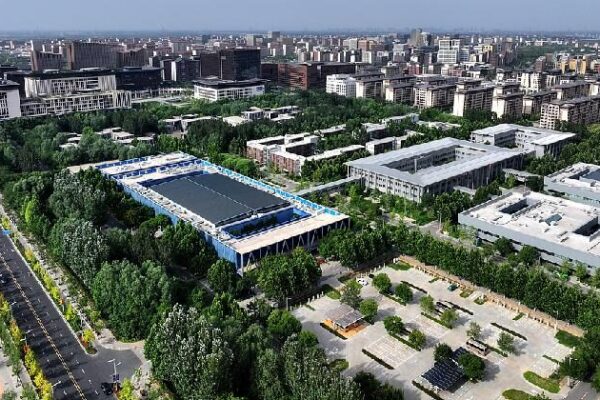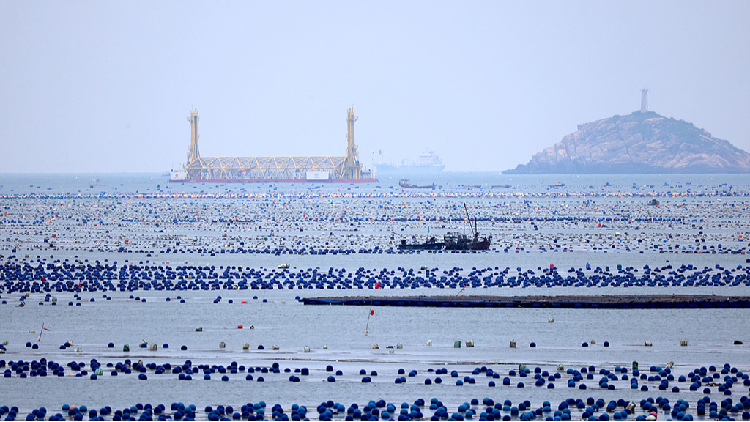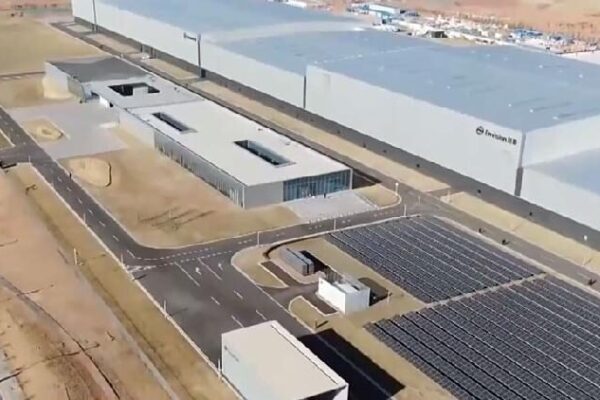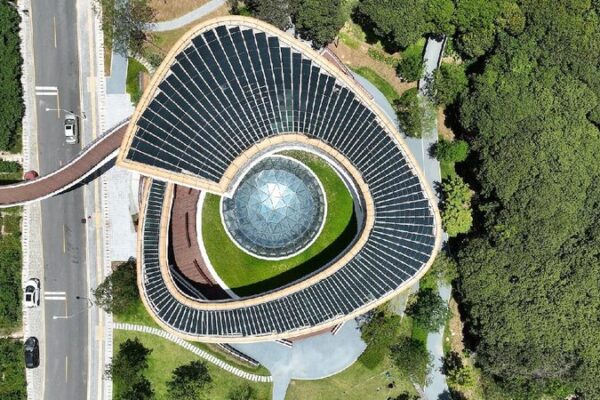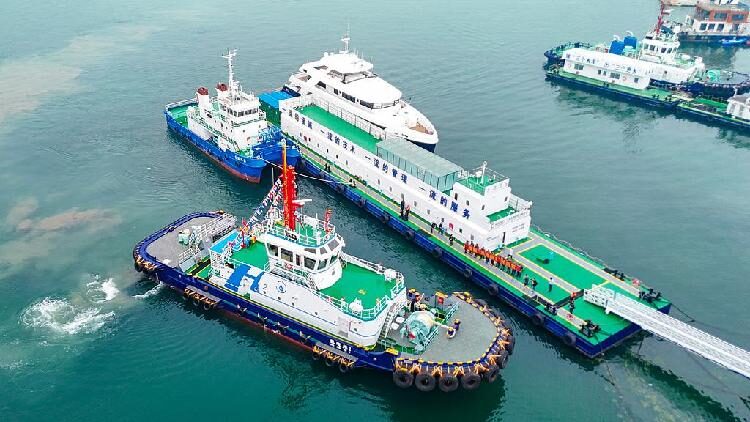China is making significant strides in combating climate change, according to renowned U.S. sustainable development scholar Clifford Cobb. He highlights China’s improved industrial production, transportation efficiency, and efforts in cutting carbon emissions as key factors driving this progress.
“China’s leadership in alternative energy production and its commitment to building an ecological civilization are well-known globally,” said Cobb, the director of the U.S. Institute for Postmodern Development of China. He praised the country’s green development initiatives, noting their potential to inspire similar efforts worldwide.
Cobb pointed to China’s successful conservation projects, such as those in the Loess Plateau, as prime examples of effective environmental restoration. “The conservation measures in the Loess Plateau have provided techniques that can be used globally to halt desertification and improve soils in arid regions,” he explained.
He also commended the “Black Soil Protection” initiative, which focuses on restoring degraded soils and increasing their carbon storage capacity. “These projects can serve as demonstration models for farmers in South Asia, West Asia, Africa, and South America,” Cobb noted.
One of the most notable aspects of China’s green development, according to Cobb, is its alignment with the concept that “green mountains and clear waters are valuable assets.” This idea emphasizes that economic development does not necessarily mean more pollution. “With ingenuity and the right orientation, nations can learn how green mountains can be gold mountains that yield both ecological and economic benefits,” he said.
Cobb believes that other world leaders can learn from China’s example of blending economic development with environmental protection. “China’s model provides valuable lessons for balancing development with sustainability,” he added.
As China continues to develop its theory of ecological civilization, Cobb expressed his interest in visiting the country to observe its projects in rural renewal and soil regeneration firsthand. “I want to learn what can be done to stop the encroachment of deserts into farmland as global temperatures rise,” he said.
He emphasized that ecological civilization is a revolutionary concept requiring contributions from every continent. “China’s progress in this area is not just significant for itself but offers hope and strategies for the rest of the world,” Cobb concluded.
Reference(s):
cgtn.com



